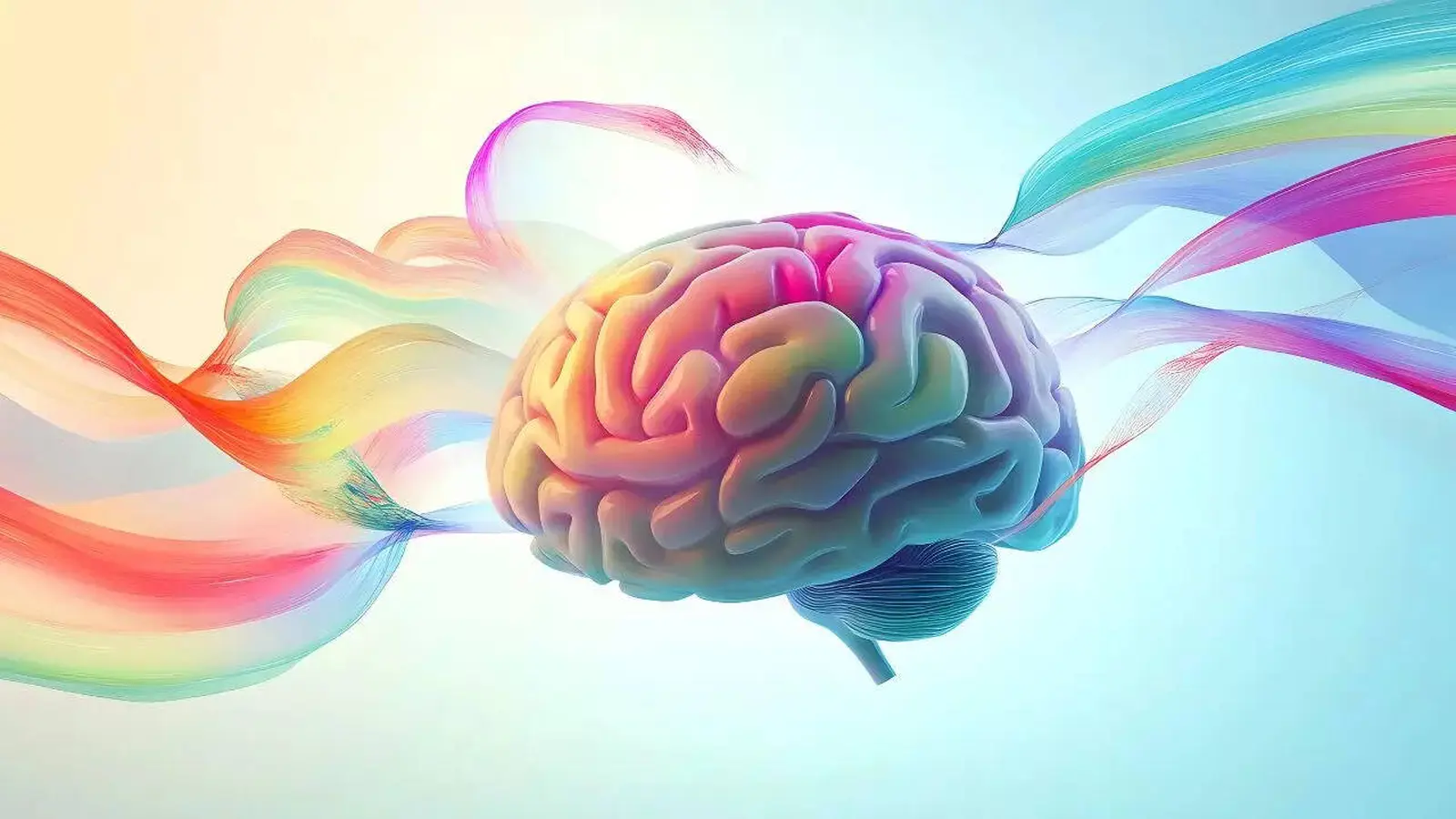4 Minutes
New clinical results from McGill University suggest that a short, focused course of digital brain exercises can restore chemical signalling in older brains to levels normally seen a decade earlier. The study points to a low-risk, nonpharmaceutical way to strengthen attention and memory — and possibly to lower dementia risk.
How a 10-week app changed brain chemistry
Researchers enrolled 92 healthy adults aged 65 and older and split them into two groups. For 10 weeks, each participant used a tablet for 30 minutes a day. One group trained with BrainHQ, a commercially available app of speed-based, adaptive exercises designed to push perceptual and attentional skills. The comparison group played ordinary computer games chosen for entertainment.
Before and after the training, investigators used a specialized PET scan with a rare tracer to measure cholinergic function — the brain's acetylcholine system that supports attention, learning and memory. Only the BrainHQ group showed reliable increases in cholinergic activity. Lead author Dr. Etienne de Villers-Sidani reported that the change corresponded to cholinergic health typically seen in someone about 10 years younger.

Scientists found that just 10 weeks of digital brain training can make aging minds act a decade younger.
Why cholinergic health matters
The cholinergic system is central to cognitive processing: it helps the brain focus, form new memories and adapt to changing information. Decline in cholinergic signalling is a hallmark of normal aging and is dramatically accelerated in Alzheimer's disease. For that reason, many Alzheimer's drugs have targeted this chemical pathway — but medications carry side effects and mixed efficacy.
“This is the first time any intervention, drug or non-drug, has been shown to do that in humans,” said Dr. de Villers-Sidani, highlighting the study's novelty. The result helps explain earlier behavioral findings that targeted cognitive training can improve memory and reduce functional decline in older adults.
What makes BrainHQ different from puzzles and reading?
Not all mental activities produce the same neurobiological effects. BrainHQ uses speed-based tasks that adapt in real time: as users improve, the exercises become more challenging so the brain must work harder. That adaptive difficulty is key to promoting neuroplasticity — the brain's capacity to reorganize and strengthen connections in response to demand.
Clinicians can now consider this accessible tool as part of a preventative or complementary strategy for patients who want non-drug ways to maintain cognition. Because BrainHQ is publicly available, individuals can start training immediately under clinical guidance when appropriate.
Trial design, imaging and next steps
The Neuro (Montreal Neurological Institute-Hospital) produced the tracer and ran the scans, a capability only a few centers worldwide possess. The randomized design and active control group strengthen the case that the observed biochemical changes are tied to the specific training, not simply tablet use or social factors.
Researchers are already planning follow-up studies to test whether the same training benefits people in the early stages of dementia, or whether longer or repeated courses produce bigger or longer-lasting gains. Open questions include how long the cholinergic improvement persists and whether combining training with medication yields additive benefits.
Practical takeaways for readers
- Short, daily sessions of targeted digital exercises can be effective — consistency matters more than duration per session.
- Adaptive, speed-focused tasks are more likely to drive neuroplasticity than passive activities.
- Nonpharmaceutical approaches may complement existing therapies, offering a low-risk option for cognitive health.
As the population ages, practical, scalable interventions that preserve brain function will be essential. This trial offers the first human imaging evidence that a commercially available brain-training program can restore a key chemical system to a younger state — and that could be an important step toward reducing age-related cognitive decline.
Source: scitechdaily
Comments
skyspin
No way, 30 min/day and brains act a decade younger? If true i'm signing up. Hope this helps my grandma, would be huge 🙏
bioNix
Wait, cholinergic up like someone 10 yrs younger? Interesting, but is 10 weeks enough or do gains fade fast? Need longer followup..


Leave a Comment